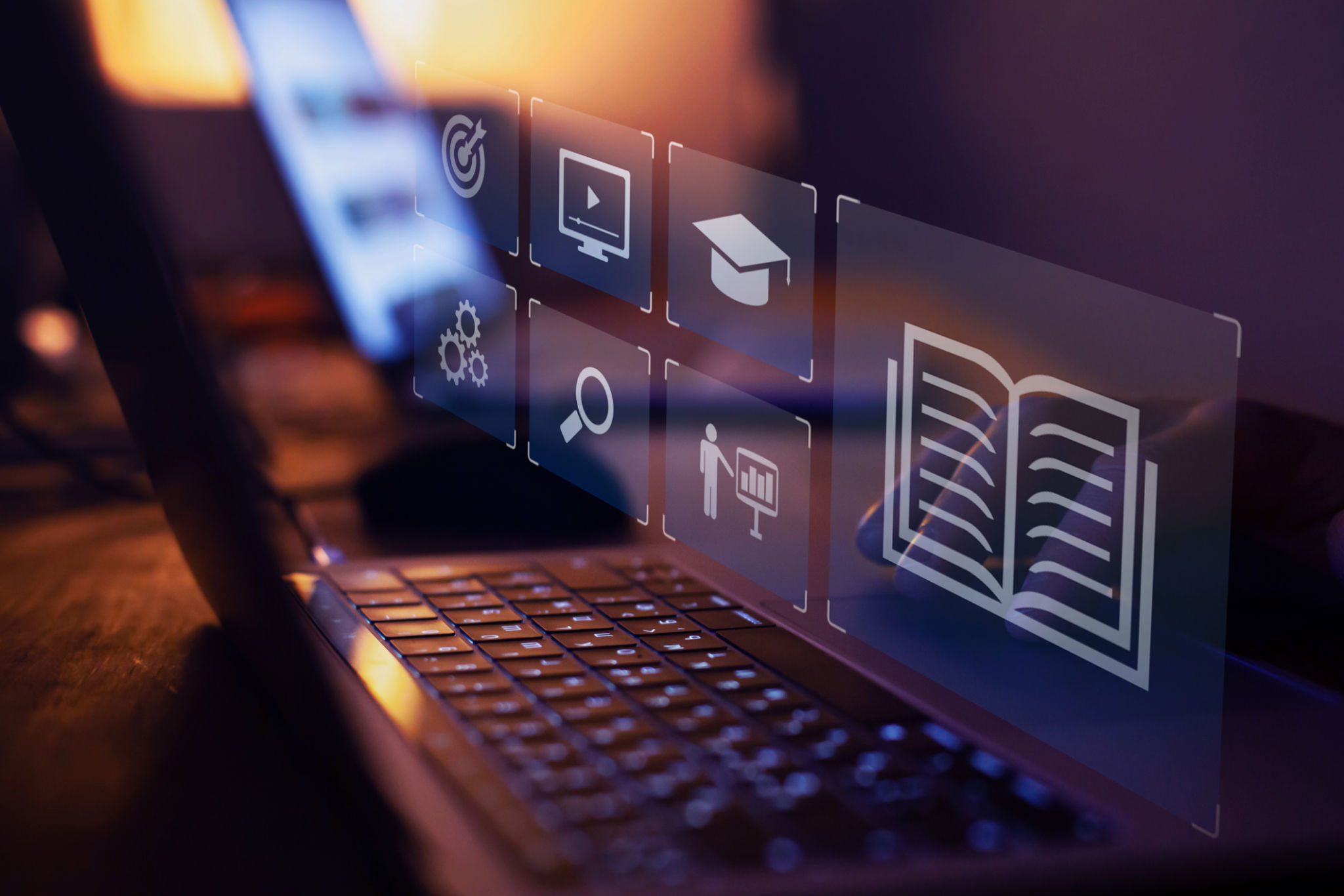Exploring the Role of Technology in Education: Transforming Learning Experiences
The Evolution of Educational Tools
Over the past few decades, technology has drastically reshaped the educational landscape, offering innovative tools that have transformed traditional teaching methods. From chalkboards to interactive whiteboards and from textbooks to tablets, the way educators deliver information and students absorb it has undergone a remarkable evolution.
The introduction of computers and the internet into the classroom marked a significant turning point. These tools opened up a world of information and learning possibilities, making education more accessible and engaging for students of all ages. Today, the integration of technology continues to redefine the boundaries of learning.

Personalized Learning through Technology
One of the most significant impacts of technology in education is the ability to offer personalized learning experiences. With the aid of adaptive learning software, students can learn at their own pace, focusing on areas where they need improvement. This tailored approach helps in addressing individual learning styles and needs, making education more effective.
Moreover, online learning platforms offer a plethora of resources that cater to different subjects and proficiency levels. Students now have the flexibility to explore topics beyond the standard curriculum, fostering a more comprehensive educational experience.

Enhancing Engagement and Collaboration
Technology has also fostered greater engagement and collaboration among students. Interactive applications and virtual classrooms have made learning more dynamic and participatory. Students can now collaborate on projects in real-time, regardless of geographical barriers, using tools like video conferencing and cloud-based document sharing.
These collaborative tools encourage teamwork and communication skills, essential competencies in today's interconnected world. By working together on shared goals, students learn how to navigate complex problems and develop innovative solutions.

Role of Artificial Intelligence in Education
Artificial Intelligence (AI) is playing an increasingly prominent role in education by automating administrative tasks, providing personalized tutoring, and even predicting student performance. AI-powered systems can offer instant feedback on assignments, allowing teachers to focus more on student interaction rather than grading.
Furthermore, AI tutors can provide customized support to students who might need additional help outside regular school hours. This 24/7 availability ensures that learning is not confined to the classroom, enabling continuous educational growth.
Challenges and Considerations
While the benefits of technology in education are vast, there are challenges that need to be addressed. Issues such as digital divide, data privacy concerns, and the need for teacher training on new technologies must be carefully managed to ensure equitable access and effective use of technological resources.
Educational institutions must also consider the implications of over-reliance on technology, ensuring that it serves as a complement rather than a replacement for traditional teaching methods. Balancing screen time with face-to-face interactions is crucial for holistic development.

The Future of Technology in Education
The future of technology in education promises even more exciting developments. Emerging technologies like virtual reality (VR) and augmented reality (AR) have the potential to create immersive learning experiences, taking students on virtual field trips or providing hands-on practice in a simulated environment.
As we look forward, it is essential that educators remain open to innovative teaching methods while continuously evaluating their impact on student learning outcomes. By embracing technology thoughtfully, we can create enriching educational experiences that prepare students for the demands of the future.
